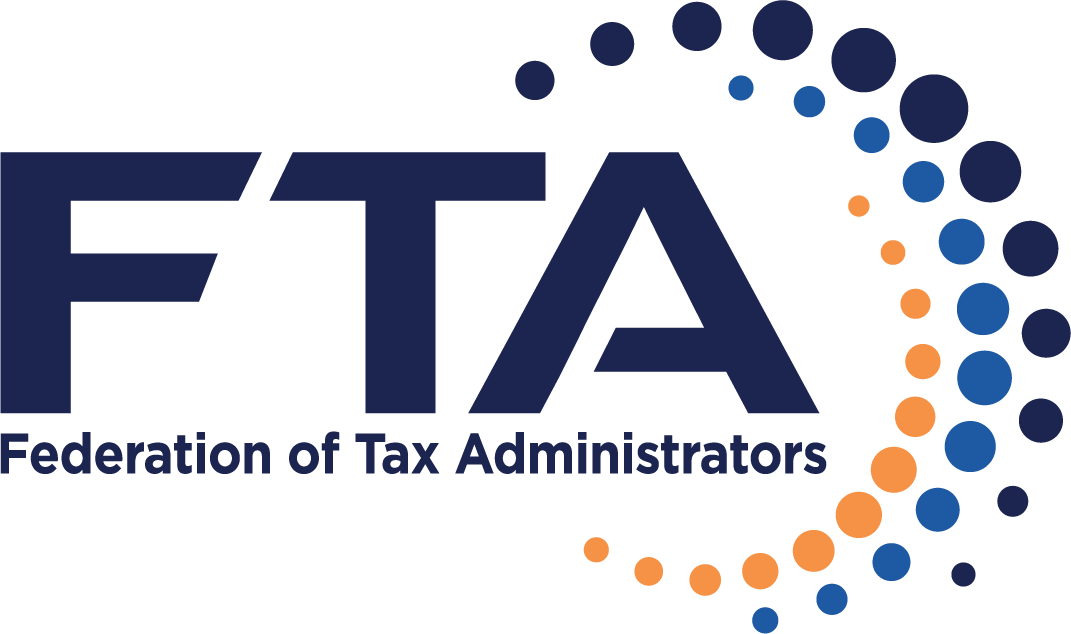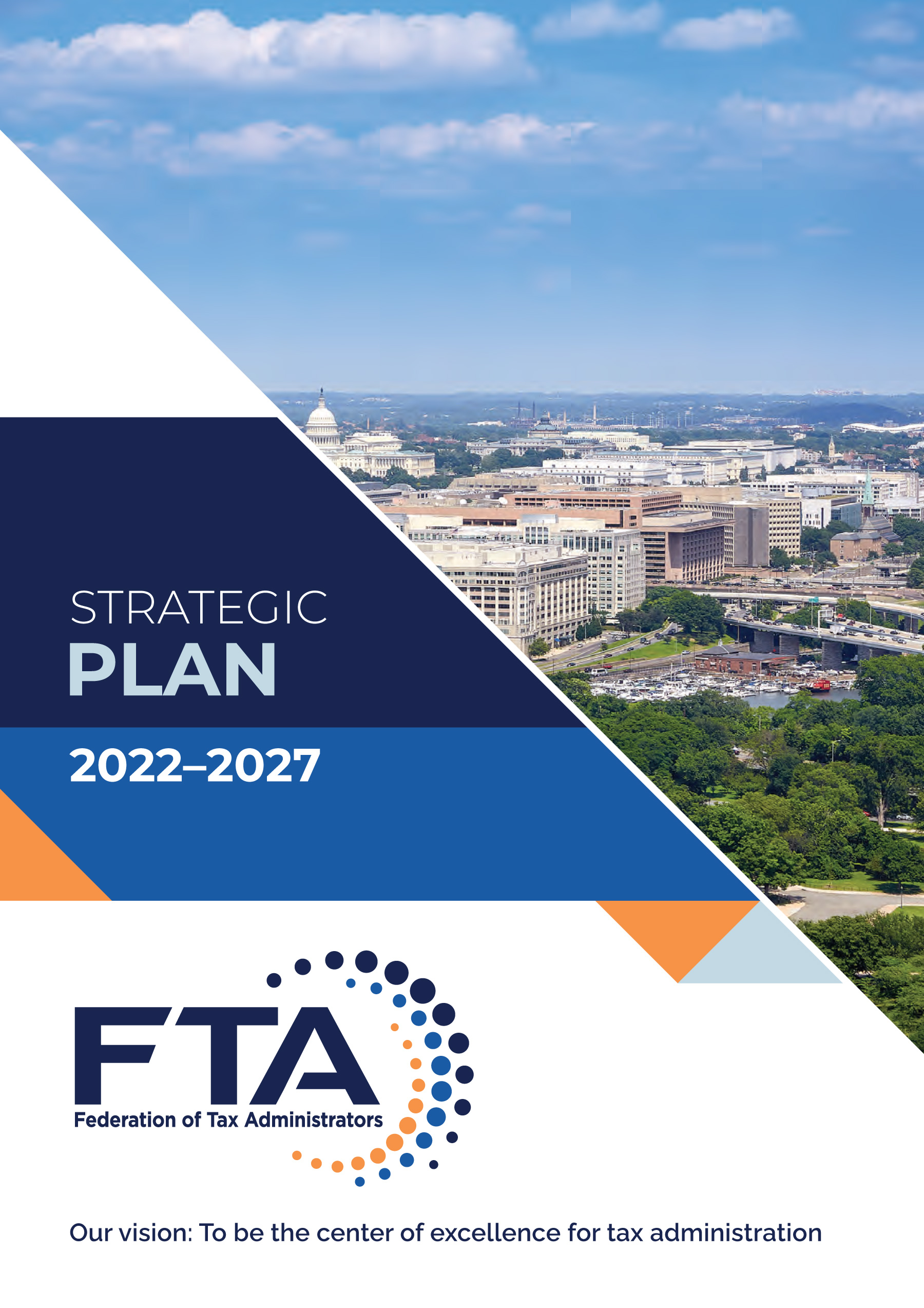We look forward to working with you
to achieve our five-year strategic goals.
FTA’s 2022-2027 Strategic Plan is separated into six strategic goals based on the services we provide and are focused on achieving our mission. These six goals specifically define objectives, and associated strategies and tactics that clearly explain the methods we use in our implementation.
The strategic plan is the result of a thoughtful, intensive, and collaborative process to identify and prioritize these strategic goals, which the organization will emphasize, address, and achieve over the next five years. However, the plan is only the beginning of our continuing efforts and unwavering focus.
2022–2027 Strategic Plan: At a Glance
Goal I: Accountability, Sustainability and Transparency
Objective
Develop sustainable best practices and metrics that tell our story, create accountability, and help members understand their return on investment.
Strategies and Tactics
- Identify and evaluate FTA’s scope of responsibilities and subject expertise.
- Develop and implement comprehensive and sustainable member and financial models.
- Create and display association key performance metrics.
Goal II: Collaboration
Objective
Seek opportunities to foster existing relationships and build new partnerships between our membership, stakeholders, and external organizations.
Strategies and Tactics
- Facilitate the exchange of tax administration best practices and policies.
- Develop an advocacy strategy for engaging with peer organizations and legislators on tax administration matters.
- Develop and implement an engagement strategy with federal agencies.
Goal III: Communication
Objective
Present FTA’s mission, vision, and strategic objectives across multiple media channels to inform membership, increase stakeholder engagement, and expand FTA’s presence within the state and local tax community.
Strategies and Tactics
- Develop a communication strategy for distributing information.
- Identify and implement cohesive multimedia solutions to distribute information.
- Create communication resources that support the organization and our membership.
Goal IV: Education and Training
Objective
Providing informational resources and training solution that are flexible and evolve with changing membership needs.
Strategies and Tactics
- Develop a culture of learning within the association and among membership.
- Evaluate credit and certification-based programs for delivery to membership.
- Prominently integrate education and training into online FTA programs and systems.
Goal V: Technology and Resources
Objective
Identify and implement scalable solutions that produce professional member engagement and transfer of information.
Strategies and Tactics
- Adopt an internal technology modernization strategy that prioritizes continuous improvement for membership experience.
- Advance the use of technology for tax administration and data exchange.
Goal VI: Uniformity and Standards
Objective
Facilitate, develop, and maintain uniformity and standards that support tax administration and promote voluntary compliance.
Strategies and Tactics
- Develop, document, and deploy a clear and understandable standards practice.
- Proactively develop and provide resources from the standards practice.
- Provide tools and resources that advance uniformity.




